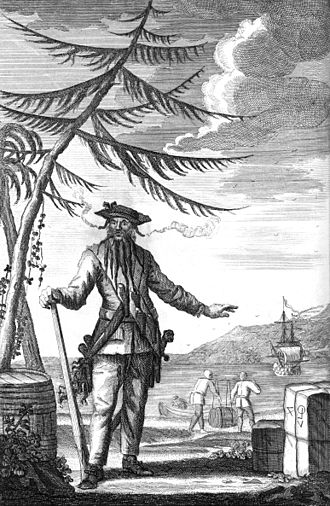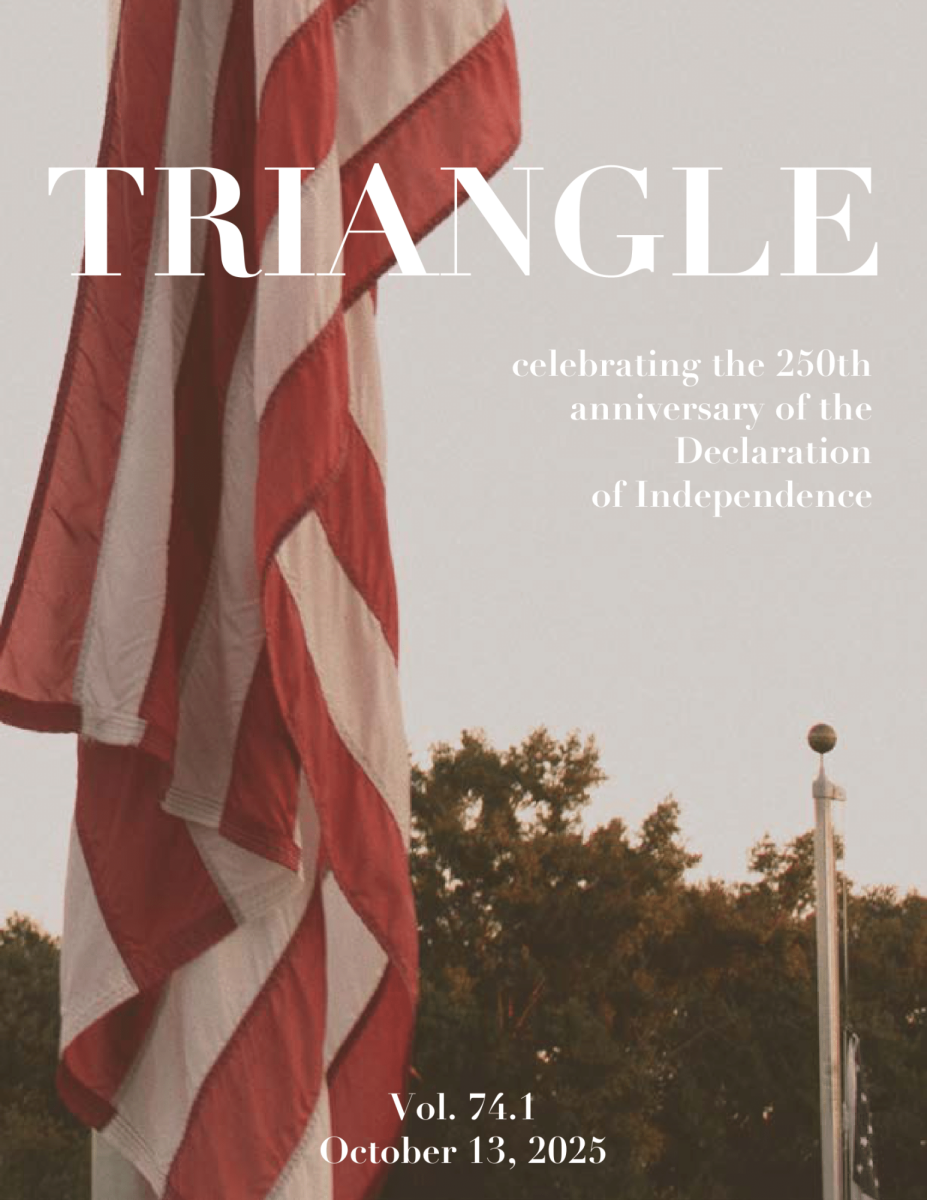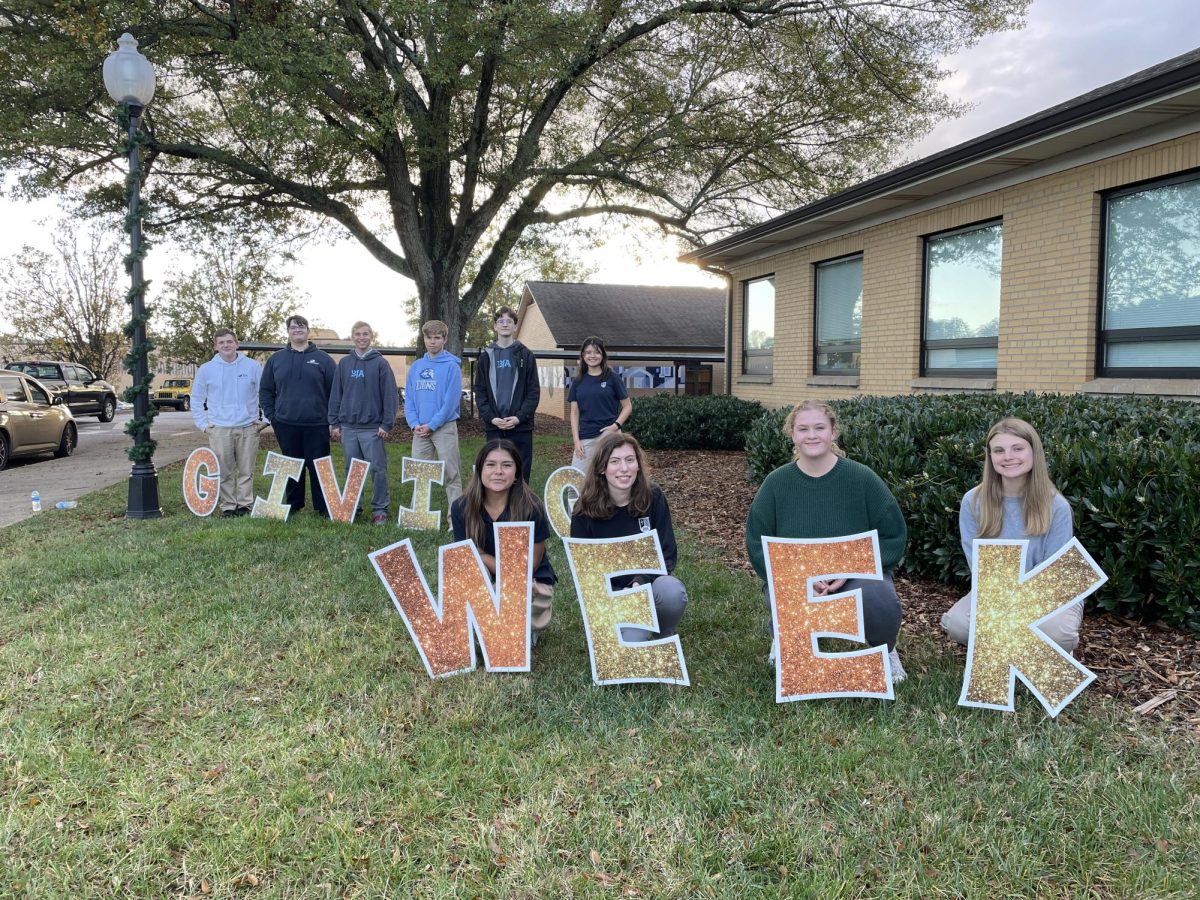October 12 of every year celebrates the arrival of Christopher Columbus in the New World. In the early 1900s a movement started for the state legislatures to declare Columbus Day an official holiday. President Franklin Delano Roosevelt declared it a legal national holiday in 1934. Since then, however, a controversy has risen regarding whether or not Americans should honor this Italian who sailed to the Bahamas. There are many reasons those opposed to the idea of Columbus Day give for their distaste of the explorer. First, Columbus and his crew did not arrive at the New World peacefully; rather, he used violence to achieve his goals and practiced slavery while exploring. Second, because of Columbus’s strong Catholic background, he forced his religion on the natives he encountered during his voyage. Also, Columbus’s crew of European explorers introduced a variety of foreign and deadly diseases to the native people. It has also been pointed out that Columbus did not actually discover the Americas; the viking Leif Ericson is recognized as being the first to discover the New World. So the question still remains: should Columbus Day be celebrated as a national holiday? While recognizing the negative influence he left on the natives of the region, it is important to also note that he played a crucial part in the development of settling the Western Hemisphere. There are many historical figures who did not behave in ways worthy of celebration, yet still we celebrate what they signified historically, not necessarily their actions themselves. Columbus Day can be a day where we celebrate not an explorer who oppressed Native Americans, but rather what this man represents and the advances he made towards discovering the world we know today.




















